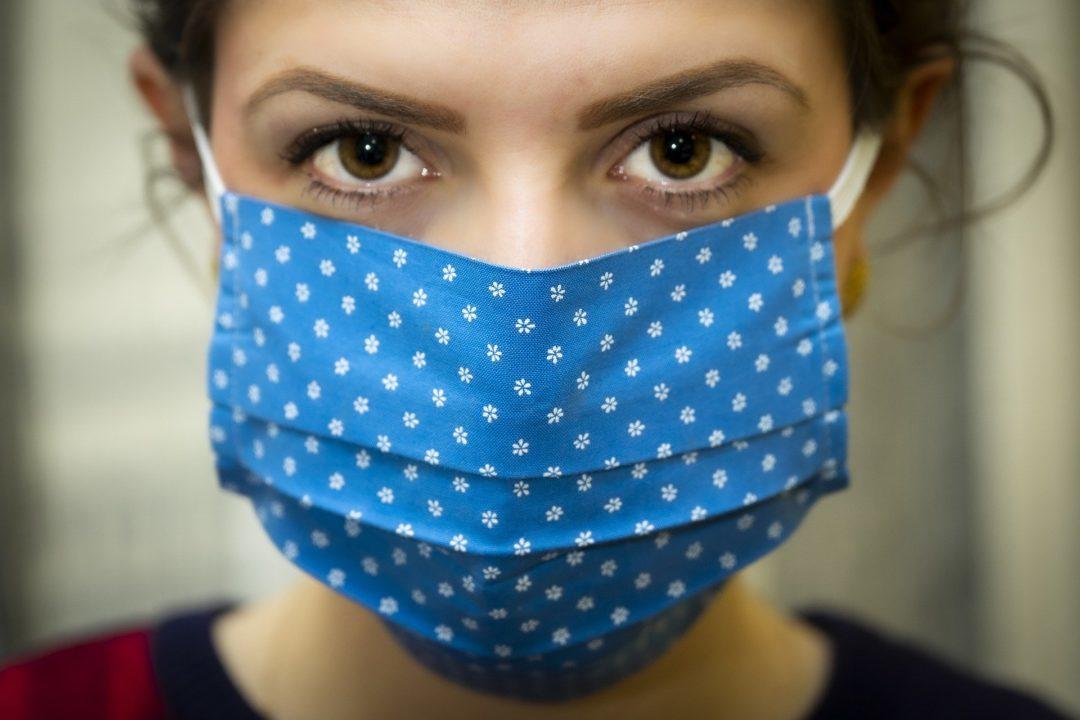Covid-19 case numbers in Scotland are being underestimated by more than half, according to a leading expert in infectious disease.
Professor Mark Woolhouse said data from SPI-M, a sub group of the Scientific Advisory Group for Emergencies (Sage), shows there is a “persistent problem in Scotland and indeed the whole of the UK with missing Covid-19 cases”.
Prof Woolhouse, a professor of infectious disease epidemiology at the University of Edinburgh, said official figures show Scotland had around 2000 cases per day in late December and early January.
But data from SPI-M and the Office for National Statistics shows the true figure to be 4000 – 5000 daily infections.
Prof Woolhouse said: “What those numbers imply is that we’re consistently underestimating in Scotland the size of our epidemic terms of case numbers by roughly 50 or 60%. That’s quite a large disparity, and it’s a problem.”
He said as these infectious people will not be having their contacts traced and may not be self-isolating, it is “handicapping our ability to control the spread of infection”.
By expanding the range of coronavirus symptoms that people should report, “you can pick up perhaps at least half of the missing cases”, he said.
There is a “need for much wider testing, mass testing, basically, in order to find these missing cases”, he said.
He was speaking at an online symposium by the Royal College of Physicians of Edinburgh.
He told delegates the country should be preparing for “some kind of third wave” next winter.
He said evidence shows Scotland was not close to eliminating the virus last summer and such a prospect in future is unlikely.
He said: “Most commentators again will say that it is extremely unlikely that we are going to eliminate the virus and what we have to be prepared for is some kind of third wave next winter. But hopefully nothing like as severe as the wave we’ve had this winter.”
Prof Woolhouse argued that lockdown “failed to protect a large number of very vulnerable people”.
He said a large proportion of infections which led to fatal cases of coronavirus happened in the first wave after lockdown was imposed.
This was because these vulnerable people were “still exposed to infection”, in some cases through hospital visits.
He said the success of the coronavirus vaccine means the country can unlock faster than was originally intended, but the B117 variant first detected in Kent is “proving very hard to suppress in Scotland”.
To combat this and allow the country to “unlock”, we should use our “understanding of the risk of transmission of the virus”.
He said school closures only had a small impact on controlling the spread of the virus and schools are not contributing much to transmission.
He also stressed there is little risk of Covid-19 spreading outdoors.
“One conclusion we can draw from thousands of studies around the world, is that outdoors is a relatively safe environment in terms of Covid-19,” he said.
“When I say relatively safe, I do mean very safe. There are very few reports of outdoor transmission of Covid-19 on beaches or in any other outdoor environment and there’s been a large number of studies confirming this pattern.”
Follow STV News on WhatsApp
Scan the QR code on your mobile device for all the latest news from around the country


 Pixabay
Pixabay

























